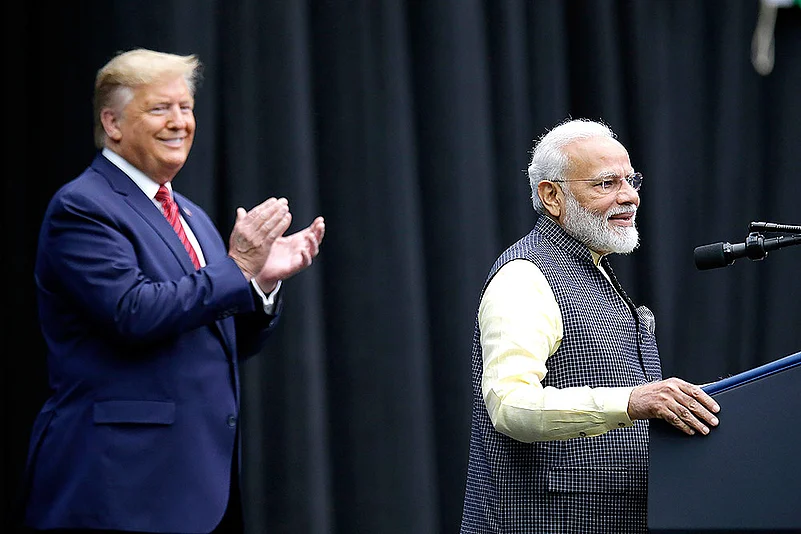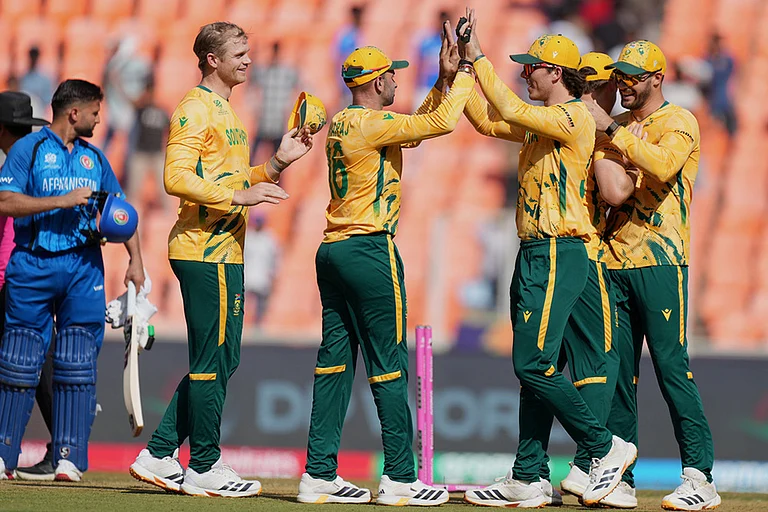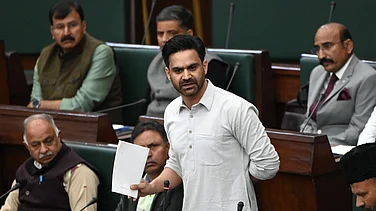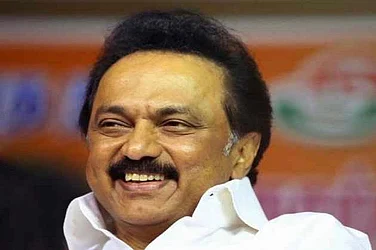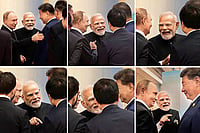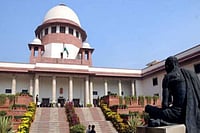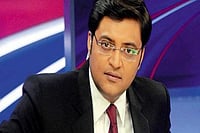Just as it was for UPA’s Prime Minister Manmohan Singh from 2004 to 2014, the US remains a magnificent obsession for his successor Narendra Modi, too. Modi’s discovery of America, like Singh’s, is an unending process. Singh’s high in his affair was telling President George Bush that one billion Indians loved him.
Modi has taken his dalliance way beyond with the "Howdy, Modi!" rally. The subtext of Modi’s message to President Donald Trump is not 1.3 billion Indians but also four million Indians in the US can be counted among those rooting for the Modi-Trump show in Houston. It was a grand spectacle, a spectacular moment for India’s diaspora diplomacy. In the television era, optics has become all-important in foreign relations. Yet, never before has an Indian Prime Minister staged diplomacy as a public event on this scale in a foreign land.
Although India’s engagement with its diaspora in the US began under Prime Minister Rajiv Gandhi in the 1980s, Modi is the first to wow the diaspora with a US president by his side and show that more of the US remains to be discovered for political investment, which is what his diaspora diplomacy is about.
This may do wonders for Modi’s image in India. Indians love seeing their leader feted and cheered in America, and in the company of the world’s No. 1 CEO. It will also help the BJP and RSS to extend their influence. Beyond that, the Modi-Trump event was a shot in the arm for Trump’s election campaign, but did little for India. In fact, there is an undeniable downside to this whole gig.
Over 80 per cent of Indians in the US support the Democrats, and Hillary Clinton was their presidential choice in 2016. With the Democrats currently ahead in the 2020 race for the White House, Trump badly needs the one per cent votes of the Indian diaspora; and, he thinks that being the first US President to appear at a diaspora event with an Indian Prime Minister would fetch him those votes. But Indians in the US, including the Hindutva types, are not only wealthy and successful but also politically savvy; and, not easily swayed by jamborees. Trump gained politically by this direct connection to the diaspora, thanks to Modi. And, he also won a contract from India’s Petronet for $2.5 billion.
For all that, he was even-handed between Modi and Pakistani Prime Minister Imran Khan, describing both as his very good friends. Trump didn’t say anything to support India’s case against Pakistan or in Jammu and Kashmir. That is one minus for India. Two, rooting so conspicuously for Trump could boomerang and undermine India’s country-to-country ties with the US; and earn New Delhi the contempt of the Democrats. In the last election, India placed its bets on Hilary Clinton, only to see Trump land in the White House. Should Trump lose in 2020, New Delhi would be repeating its blunder. Should the Democrats return to the administration, unlike Bill Clinton and Barack Obama, the new President could get tough on Kashmir and take a different line on Pakistan.
Three, politics is a game at which many can play. Once the ground is thrown open in a foreign land with a foreign partner for India’s domestic politics, it need not always be the politics of the ruling party. As was recently seen in London -- where rival Indian groups with opposing views on Kashmir clashed –critics and opponents of New Delhi and the BJP may also enter the fray. At the least, not engaging influential sections of its critics in the US, particularly those leaning towards the Democrats, was myopic.
Four, there was no big announcement from Trump as repeatedly promised by Indian media. Trump did not give or give away anything.
Last, lest we forget, Jawaharlal Nehru, writes a former ambassador, is the only Indian Prime Minister to be greeted on arrival at the airport by President Harry S Truman in 1949 and President John F Kennedy in 1961.
(The author is an independent political and foreign affairs commentator. Views expressed are personal.)







